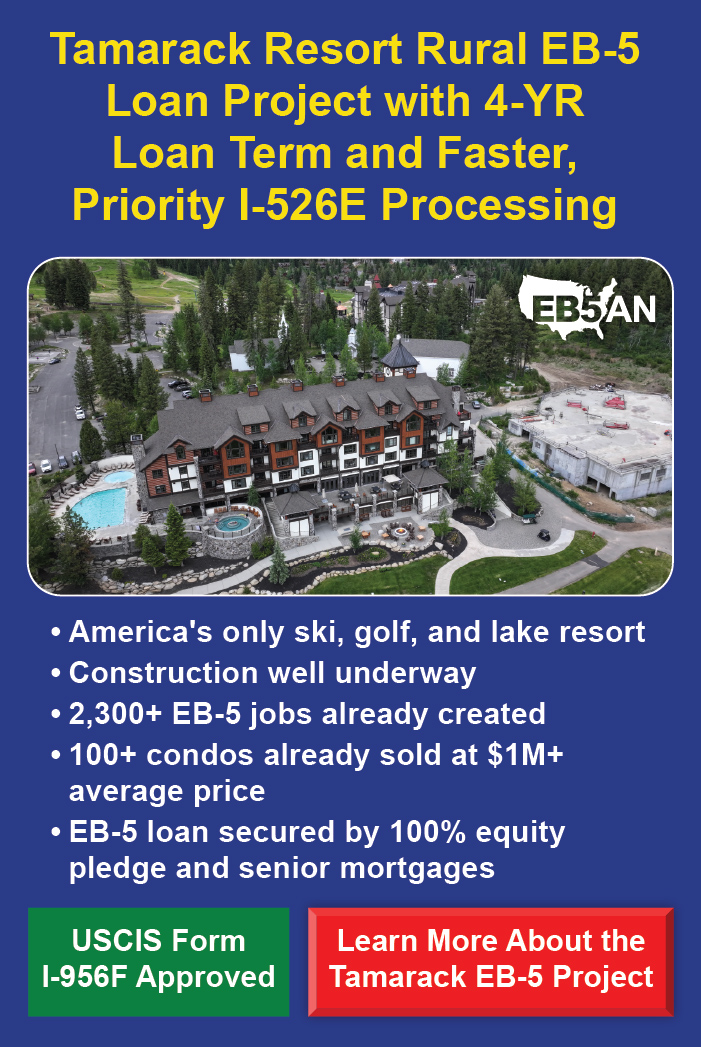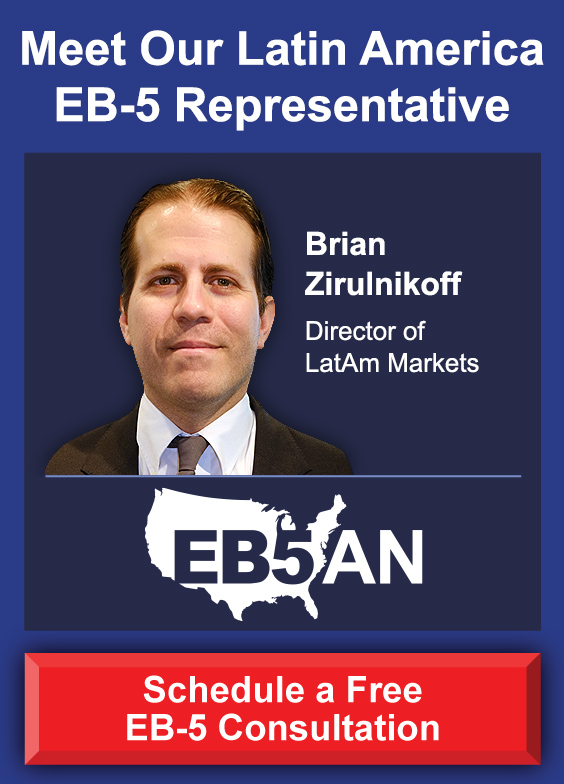No, the EB-5 investment program does not negate the two-year home-country physical presence requirement. If a J-1 or J-2 visa holder is required to fulfill the two-year home-residence requirement, they must either return home at the end of their exchange visitor program or obtain a waiver. If they have not fulfilled the two-year home-country physical presence requirement or obtained a waiver, J-1 or J-2 visa holders cannot obtain conditional permanent resident status through the EB-5 program.
Even though the EB-5 program cannot be used to avoid the above requirements, qualifying foreign nationals from any country can participate and gain U.S. green cards for themselves and their family members. The first step is to hire an experienced immigration attorney and EB-5 consultants. Since the EB-5 program is governed by numerous complex regulations, these professionals can help foreign nationals to reduce their financial and immigration risk, select the best EB-5 projects, and steer clear of suspicious or fraudulent investment opportunities.
After selecting a reliable project, foreign nationals can proceed to make their EB-5 investment. Then, the investor and their immigration attorney can work on gathering all the personal documentation needed to file Form I-526, Immigrant Petition by Alien Investor. This petition should prove that the investor has followed all United States Citizenship and Immigration Services (USCIS) guidelines, including the minimum investment amounts. Once Form I-526 is approved, the investor is entitled to receive conditional permanent resident status and begin a two-year conditional residence period.
Within the final 90 days of the two-year conditional residence period, the EB-5 investor should file Form I-829, Petition by Investor to Remove Conditions on Permanent Resident Status. Form I-829 should indicate that the EB-5 investment met the all of the program’s criteria, such as the job creation and “at-risk” requirements. Once their I-829 petition is approved, the investor can receive permanent resident status.











